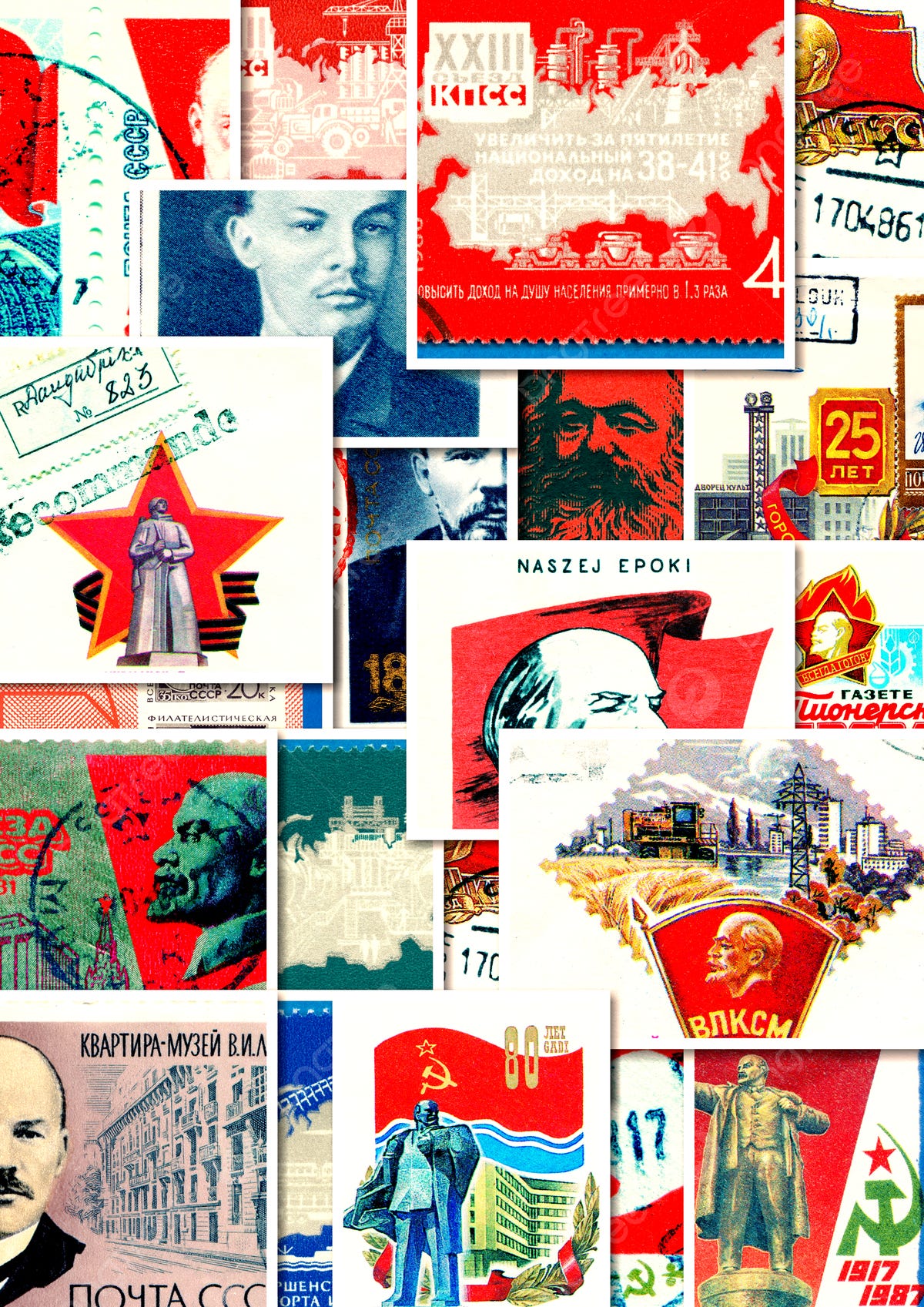This essay is part of the series “The Busy Man's Primer on Marxism.” You can read the introduction here.
The Classical Tradition
When Marx died in 1883, the intellectual estate that he left behind was entrusted to his companion and intellectual partner Friedrich Engels (1820-1895), who would spend the remainder of his life systematizing Marx’s thought. Marx himself never provided a comprehensive general account of historical materialism as such. Thus, it was Engels who took on such a task and created the foundational formulations that became the mature nucleus of the Marxist intellectual tradition. Engels also oversaw the cultivation of the next generation of Marxist theorists, the first to succeed the founders, who, like Jesus’s disciples, oversaw Marxism’s expansion out of Germany to other parts of Europe and whose works were often more circulated and read than the original writings of Marx and Engels: Kautsky, Bernstein, Plekhanov, Labriola, Sombart, and Mehring. These theoreticians also continued Engels's work, both political and theoretical, seeking to advance Marxist ideas in the Workers’ Movement as well as systematize Marxism and extend its scholarly domain, further embodying the founders’ ideal of the unity between theory and practice. During his lifetime, Engels oversaw the editing and publication of the second and the third volumes of Das Kapital as well as the Theses on Feuerbach; Kautsky republished the Contribution to the Critique of Political Economy; Eleanor Marx published Value, Price, and Profit; and Mehring published a four-volume edition of Marx’s writings which included significant early works such as On the Jewish Question.
The publications and republications provided a corpus of Marx’s writings on which a large and formidable intellectual tradition, made of both admirers and critics, started to form. Commentaries and secondary works started to mushroom, and by the beginning of the 20th century, it became possible to say that the entirety of German sociology became a series of answers to questions raised by Marx.
The commonplace view at the time was that Marxism was a scientific theory of political economy that had no philosophical content, nor did it need one, and many critics of Marxism often attacked this as indicative of its shallowness. On the other hand, many orthodox Marxists defended it as a superior quality. For instance, in 1894, Lenin wrote, “insistence on the dialectics. . . is nothing but a relic of Hegelianism out of which scientific socialism has grown.” Those few Marxists who thought of this as an inadequacy attempted to use Kant or Mach as a fortification. (Only after 1914, around the same time the epistemological turn in Marxism started to appear, did Lenin return to Hegel and undertook a serious study of Hegel’s Logic to the extent that he wrote, “It is impossible completely to understand Marx’s Capital, and especially its first chapter, without having thoroughly studied and understood the whole of Hegel’s Logic. Consequently, half a century later, none of the Marxists understood Marx!!”)
The growth of Marxism under the first generation was more of a completion rather than a development aiming at the finishing of historical materialism as a comprehensive theory of man, nature, and time capable of replacing ‘bourgeois’ thought and disciplines. In contrast to the future esoteric nature of Marxism, the writing at the time was marked by great lucidity, readability, and clarity of style, aiming at producing the general statements of Marxism and extending it to domains untouched by Marx. This was also the time of the first scholarly publications of Marx’s manuscripts, correspondences, and biographies, and Marx’s political economy was kept up to date with the critique of the new developments in capitalism. It was then that the critique of political economy became a synonym for Marxism. The act of critiquing was the core activity of the science that Marxism supposedly heralded.
Most importantly, Engels shepherded Marxism to its pivotal moment of being formally adopted as the guiding doctrine of the German Social Democratic Party (SPD) in the Erfurt Program of 1891, becoming the official doctrine of the largest and most promising workers’ movement in Europe. Why did Marxism attain such a privilege? Two reasons led to this; first, a period of heightened antagonism between the state and the workers’ movement, in which many anti-socialist laws were made, radicalized the German left. This invalidated Lassalle’s views on the cooperation of the state and enforced Marx’s view that the state is a tool of oppressive class rule. Secondly, the expanding party needed an ideology, a broad and coherent vision of the world, which was able to satisfy the growing base of its intellectuals and supporters, and there was simply nothing remotely approximating Marxism in its systematic, analytical, and simple-to-grasp nature. Moreover, the vigorous activities of the first generation of Marxist theoreticians within the party’s ranks made their voices far more influential than any others. Marxism became the sole theoretical canon of socialism.
Ultimately, the boundaries and the horizons of Marxism, both as a program and an intellectual discipline, were set, and both united in their ultimate goal; ‘the dictatorship of the proletariat.’
The First Heresy
The last years of the nineteenth century witnessed a major upswing in the major industrial economies, which started an era of rising profits, larger capital, greater imperialist expansions, and quick-paced technological innovation. In Germany, this led to a real increase in wages among the workers as well as the great expansion of a new middle class of white-collar workers who formed the state's growing bureaucracy and a new service sector. These new developments challenged much of the established Marxist notions that insisted on capital’s drive towards greater monopolization, leading to the absolute impoverishment of the workers, the decrease of their real wages, and greater exploitations. The two most dynamic theoreticians of the generation were Eduard Bernstein (1850-1932) and Karl Kautsky (1854-1938), two close friends and the heirs of Marx and Engels whose divergence on how to deal with the new stage in capitalist development will explode Marxism’s first heresy and schism: revisionism.



